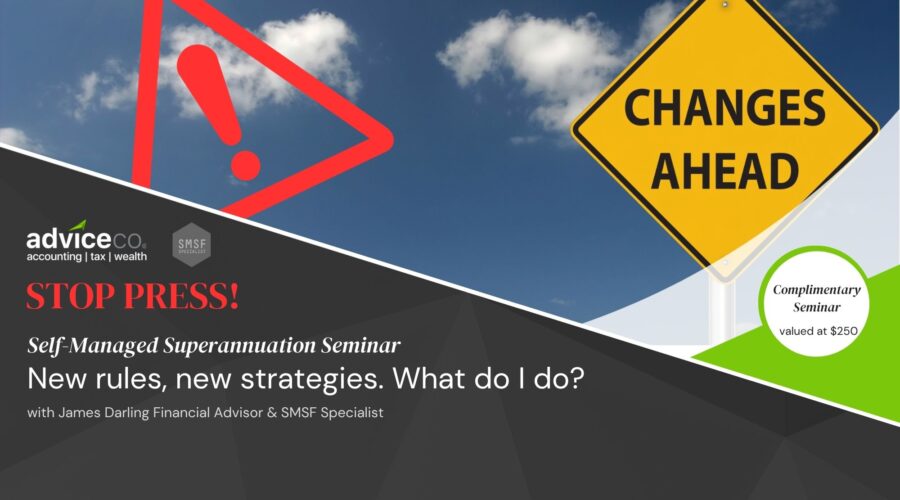Record Keeping Requirements – How could this affect you? Posted on October 9, 2018
By law, the ATO requires you to keep business records:
-
For five years after they are prepared, obtained or the transactions completed (whichever occurs later); and
-
In English, or in a form that the ATO can access and understand in order to determine your tax liability.
According to the ATO website, you should “keep records for a longer period if you use information from those records in a later tax return (for example, claiming a loss carried forward from a business activity in an earlier year). The records should be kept until the end of any period of review for that later return. Records relating to assets for capital gains tax purposes may also need to be kept for a longer period.”
You can issue and store records in either electronic or paper form. Once a record keeping system has been set up, it should be a simple process to update records daily.
Penalties apply for not maintaining the required records and for not keeping them for at least five years. Keeping good records will help avoid these penalties.
Other reasons for keeping good records include:
-
It makes it easier to complete you business activity statements and prepare annual income tax and fringe benefits tax returns.
-
You are able to monitor the ‘health’ of your business and make thorough decisions as you can keep track of debtors and creditors to ensure your cash flow is satisfactory.
-
Good records will show your financial position to banks and other lenders, and also to potential buyers of your business.
-
Rather than paying your accountant or tax adviser to sort through a box full of paperwork, provide them with well-prepared records and pay them instead to help you grow your business or provide tax planning advice.
-
Well-kept records show the basis for any adjustments you need to make to activity statements or tax returns you have already lodged.
Click here to find out how you can devise an action plan to keep good records for your business!





